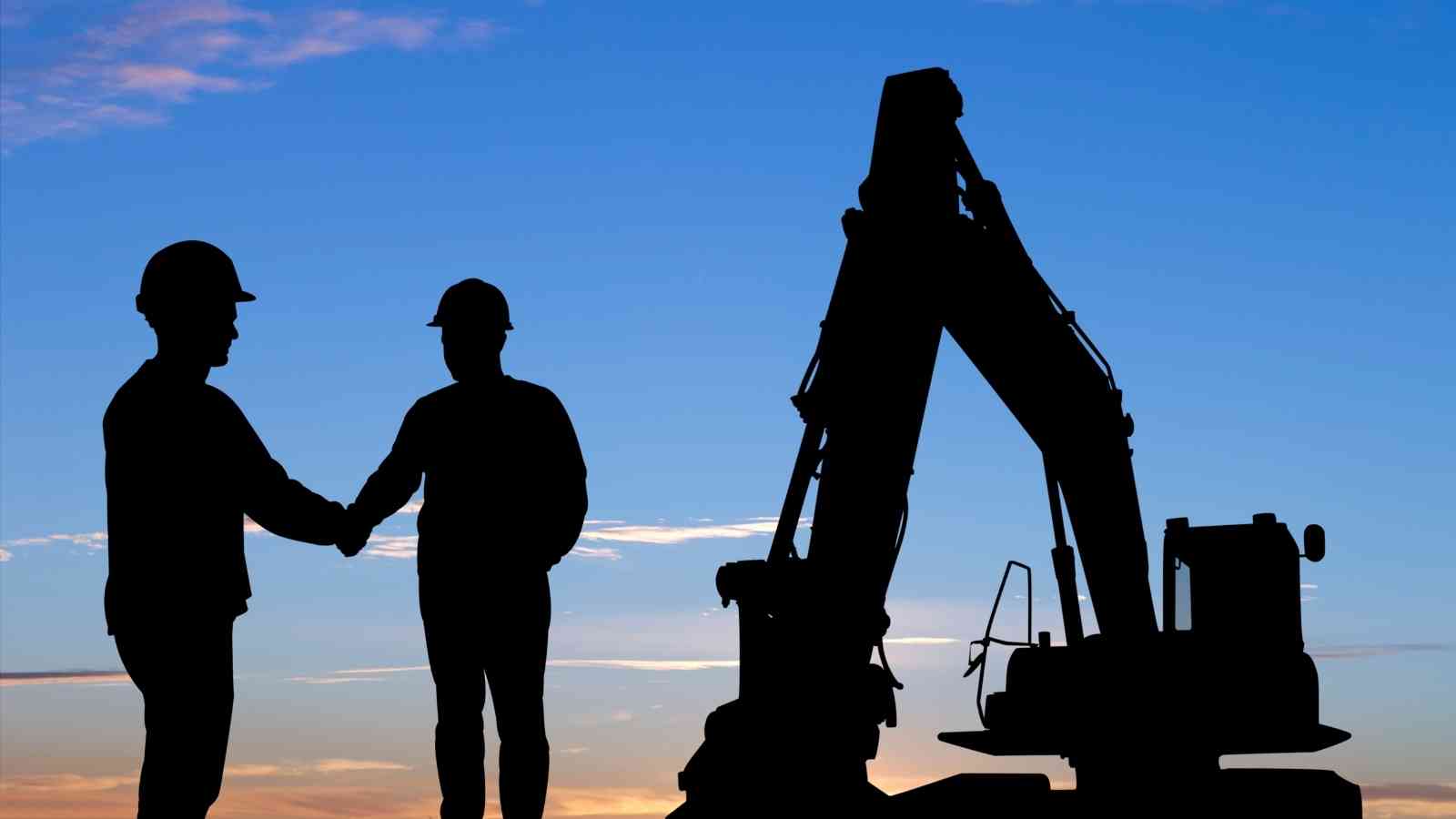Construction is a $2.7 trillion industry in the United States. Much of it relies on heavy construction equipment like backhoe loaders, boom lifts, and drum rollers putting in the hard yards day in and day out. When one of these crucial pieces of heavy machinery fails, it has a huge knock-on effect.
Construction personnel can't work, deliveries have to be delayed, and work can grind to a halt. In a more than $2 trillion dollar industry, the cost of this kind of downtime runs into millions of dollars. So what causes these failures and what can you do to prevent them?

Read on to find out the answer.
Improper Use/Handling
Handling heavy construction equipment takes training and skill. If you let untrained or unskilled personnel loose on heavy machinery, you'll put them, other workers, and the equipment itself in danger.
All operators need to be given thorough training to learn how to operate the machinery safely and the limitations of the equipment. Only once they're fully certified should they be allowed to operate the machinery on their own. By this point, they'll know how to handle it responsibly and keep it in one piece.
Not Following the Service Schedule
Manufacturer's set out their maintenance and service schedule to keep their machines running in good order for as long as possible. If you ignore them, sooner or later, you'll have mechanical breakdowns.
Tasks that need to be performed regularly include:
- Lubrication services
- Filter replacements
- Replace worn-out parts
Following the service schedule and using construction equipment parts, such as Atlas Copco parts, make breakdowns much less likely.
Pushing Equipment Too Hard
Construction equipment is designed to be pretty tough, but all machines have limits. When the pressure's on at the job site, it can be tempting to push it beyond its limits. But the result won't be pretty.
Training is important, even for experienced operators. Everyone needs regular reminders from the manufacturer's manual about load limits. They also need to understand how the equipment behaves in different terrain and weather conditions.
Machines also need time to rest. Even when deadlines are tight, resist the urge to power through. Unscheduled downtime and heavy equipment repair will cost you more in the long run than letting your machine rest.
Ignoring Warning Signs
Heavy construction equipment is fitted with sensors, alarms, and other safety gauges that warn the operator if something is going wrong. Don't dismiss them and carry on. If you do, you'll run the risk of very expensive - and completely avoidable - repairs.
Keep Your Heavy Construction Equipment in Full Working Order
Heavy construction equipment is what keeps the construction industry moving. Always ensure that operators are fully trained and certified before letting them operate equipment on their own. Keep up with maintenance schedules and use the right construction equipment parts for your machine.
For more helpful hints and tips on keeping your business running smoothly, check out our Business section today!
